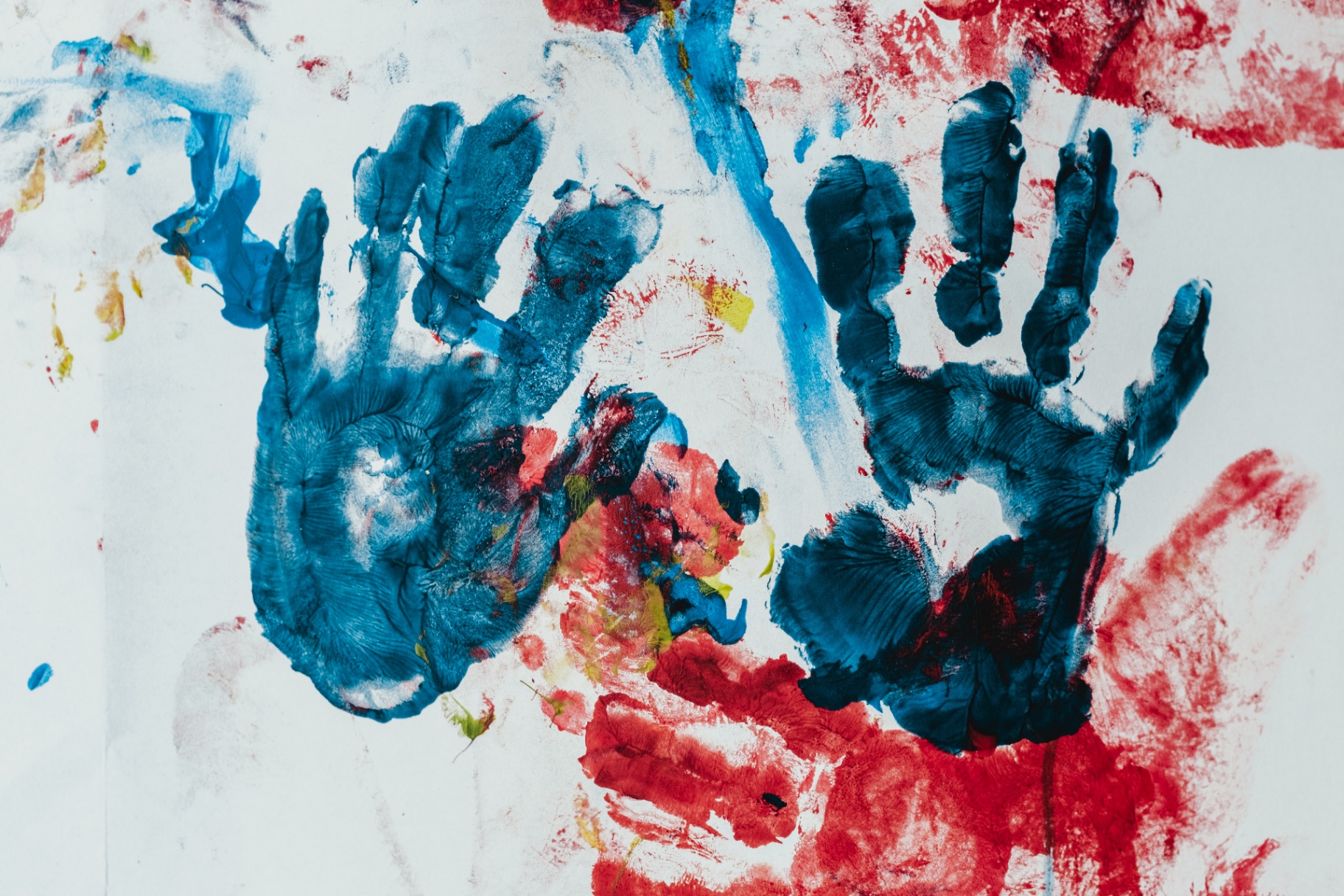How Family Therapy Can Help Kids Cope with Divorce

Divorce is an emotional and often tumultuous event for any family, but it can be particularly impactful for children. As parents navigate the complexities of separation, kids may struggle to understand the changes and manage their feelings. That’s where family therapy comes in. This blog post aims to explore how family therapy can provide essential support to children whose parents are going through a divorce.
The Emotional Toll on Children
Confusion: Children may not fully understand why their parents are separating and what it means for their future.
Guilt: Some kids blame themselves for their parents’ divorce, carrying an unnecessary emotional burden.
Anger and Resentment: Feelings of betrayal or unfairness can arise, leading to potential behavioral issues.
Anxiety: Uncertainty about changes, like moving or changing schools, can cause anxiety.
Benefits of Family Therapy During Divorce
Emotional Safe Space
A family therapist creates a safe and non-judgmental environment where children can openly express their feelings, concerns, and fears regarding the divorce.
Enhanced Communication
Effective communication is crucial during a divorce. Family therapy helps children articulate their feelings and helps parents understand how to better support their kids.
Coping Mechanisms
Therapists can equip children with age-appropriate coping mechanisms to handle stress, anxiety, or other emotional challenges tied to the divorce.
Family Dynamics
Therapy can help redefine family roles and expectations, making the transition easier for everyone involved.
What to Expect in Family Therapy
Initial Assessment
The therapist will typically conduct an initial assessment to understand the family’s dynamics, the stage of the divorce, and what each member hopes to achieve through therapy.
Individual and Group Sessions
While individual sessions can help kids speak freely, group sessions allow for facilitated discussions that involve both parents and siblings.
Skill-Building Exercises
Therapists may use role-playing, dialogue, or other therapeutic exercises to teach effective communication and coping skills.
Progress Evaluation
Periodic check-ins help evaluate the effectiveness of therapy and make any necessary adjustments to the therapeutic approach.
Taking the First Step
Family Consultation: Discuss the idea of family therapy with your co-parent and children.
Initial Meeting: Use this session to set objectives and ensure the therapist is a good fit.
Divorce doesn’t have to leave a permanent scar on your children’s emotional well-being. Family therapy can serve as a supportive resource to help kids navigate this challenging life event. If you think your family could benefit from therapy, don’t hesitate to reach out.
